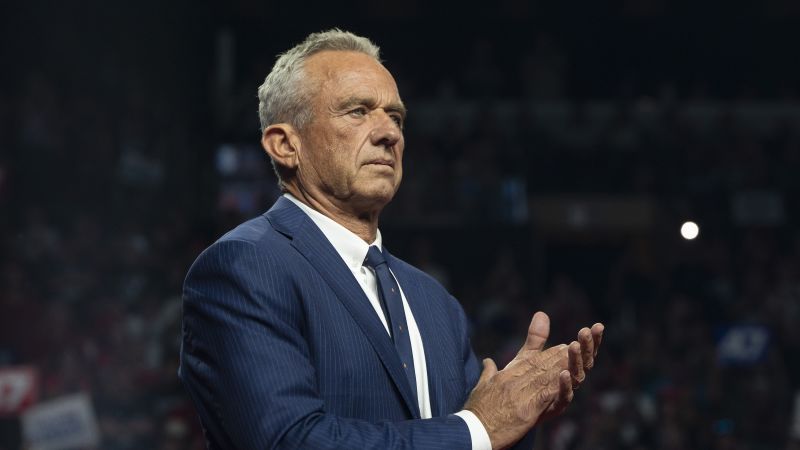The Supreme Court refused Robert F. Kennedy Jr.’s request to appear on New York’s presidential ballot, despite his campaign suspension and endorsement of former President Donald Trump. Kennedy argued that voters who signed petitions supporting him have a constitutional right to vote for him. However, state election officials removed his name due to an invalid address on his nominating petition, stating that accommodating Kennedy’s request would harm the election process and cause voter confusion.
Kennedy suspended his campaign in August and endorsed Trump, intending to withdraw his name from battleground states but leaving it on non-competitive state ballots. Despite dropping out of the race, Kennedy has made direct appeals for his supporters to vote for Trump, withdrawing his name from some Republican states while urging supporters in Michigan to vote for Trump to advance his political goals.
Lower courts, including the 2nd US Circuit Court of Appeals, rejected Kennedy’s attempts to challenge New York’s decision regarding ballot access. The Supreme Court’s denial of Kennedy’s appeal, along with a similar request from the Green Party to include Jill Stein on Nevada’s ballot, highlights the impact of third-party and independent candidates in elections, especially in tight races where they can play a spoiler role.
In response to the Supreme Court’s rejection of Kennedy’s appeal, state election officials defended their decision, stating that candidates should provide accurate information on their filings, including a valid home address. They argued that delaying ballot mailings to accommodate Kennedy’s request would disrupt the election process and jeopardize the mailing of overseas and military ballots, causing substantial harm to voters.
Kennedy’s efforts to appear on the ballot in various states, while endorsing Trump and urging his supporters to vote for him, illustrate the complexities surrounding third-party and independent candidates in presidential elections. The Supreme Court’s decision to reject Kennedy’s appeal underscores the challenges faced by such candidates in gaining ballot access and influencing the outcome of elections, particularly in battleground states where their presence could impact the final results.


